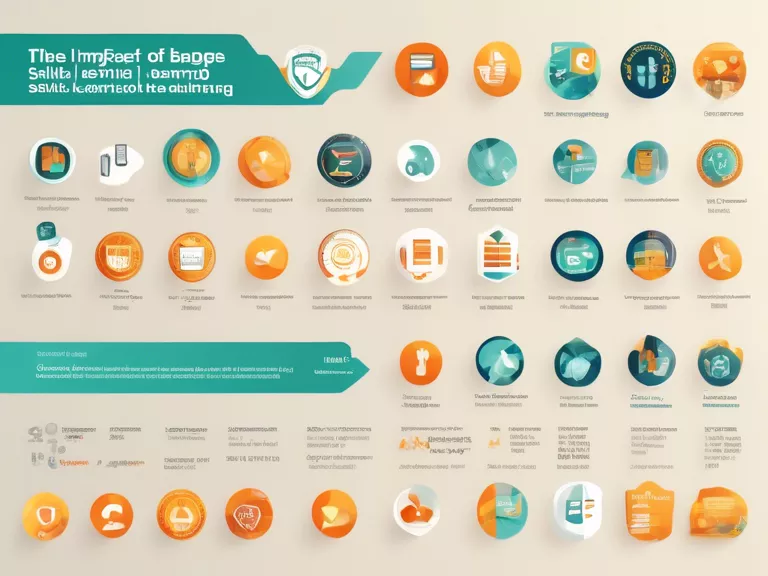
Digital badges are revolutionizing the way skills are verified and recognized in today's fast-paced, technology-driven world. As a result, lifelong learning is becoming more accessible and impactful than ever before. This article will explore the impact of digital badges on skills verification and lifelong learning, highlighting the benefits they bring to individuals and organizations alike.
One of the key advantages of digital badges is their ability to provide a tangible representation of an individual's skills and accomplishments. Unlike traditional certificates or degrees, which can be easily misplaced or difficult to verify, digital badges are digitally secure and easily shareable. This means that individuals can showcase their skills to potential employers or collaborators with just a simple click.
Furthermore, digital badges are often tied to specific criteria or learning outcomes, making them a more reliable indicator of an individual's abilities. This allows organizations to better assess the skills of potential candidates and tailor their learning programs to meet specific needs. In this way, digital badges help bridge the gap between education and industry, ensuring that individuals are equipped with the skills they need to succeed in today's workforce.
Another significant impact of digital badges is their role in promoting lifelong learning. By earning and collecting badges throughout their careers, individuals are encouraged to continue developing their skills and knowledge. This culture of continuous learning not only benefits individuals by keeping them competitive in the job market but also benefits organizations by fostering a culture of innovation and growth.
In conclusion, digital badges are a powerful tool for skills verification and lifelong learning in the digital age. By providing a reliable and portable way to showcase skills and encouraging individuals to continue learning throughout their careers, digital badges are reshaping the way we approach education and professional development.



